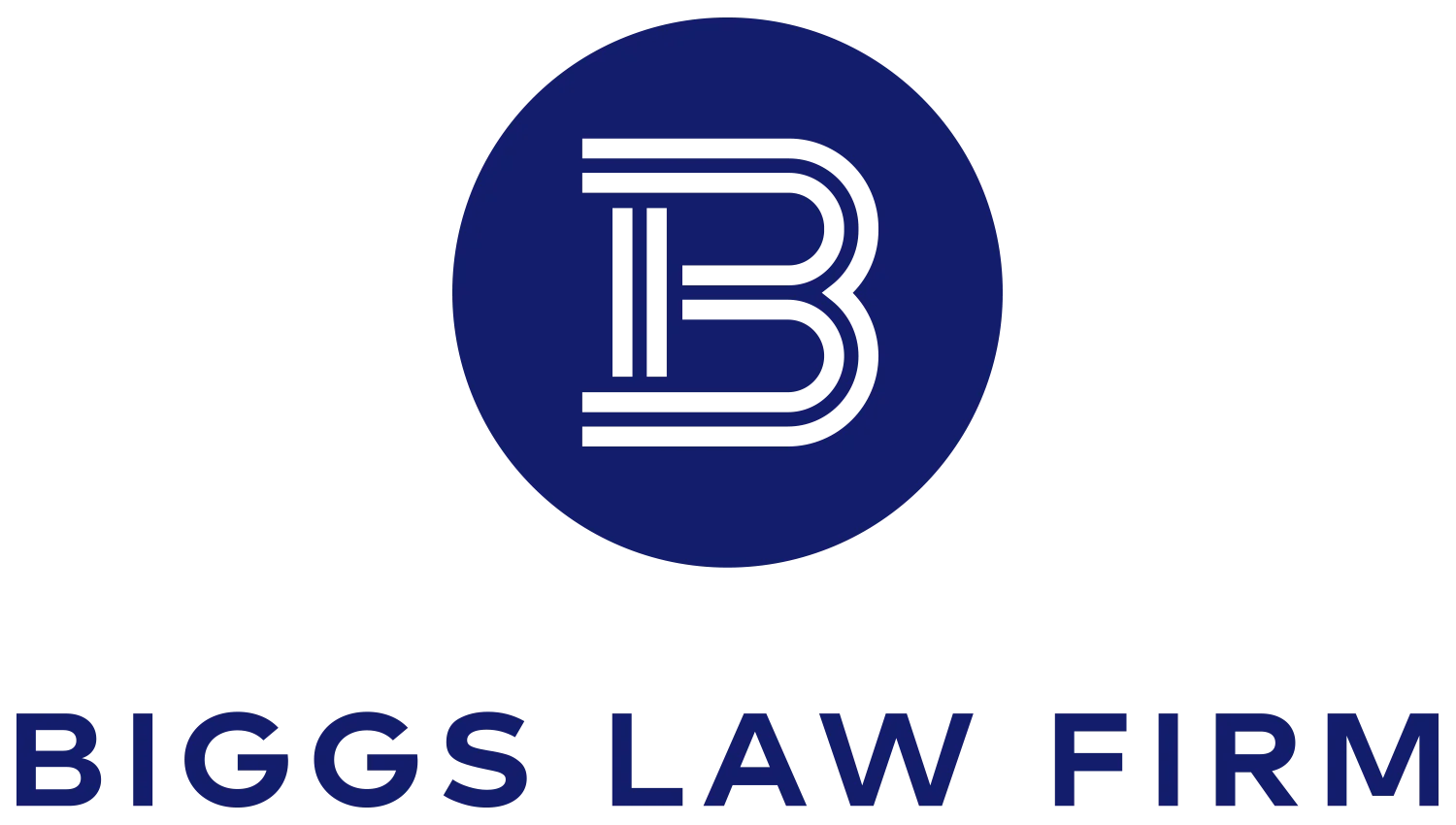What Happens If My Ex Files Bankruptcy and Doesn’t Pay the Debts They Were Supposed To?
The divorce process is already complicated enough. After months of negotiations, you finally settle on an agreement, finalizing who will keep the house, alimony payments, child custody, etc. A few months or even years later, though, you find out that your ex has filed for bankruptcy, and suddenly, you’re on the hook for far more debt payments than you originally agreed upon.
While paying ex bankruptcy debt may seem unfair, you’re often obligated to, depending on the situation. Keep reading to learn more about how credit liability works for divorced couples if one spouse files bankruptcy.
Does Your Ex’s Bankruptcy Affect Your Jointly Shared Loans?
If your ex files for bankruptcy, your primary concern will be joint debt. If you still owe money on jointly owned loans like a mortgage, car loans, personal loans, credit card debt, medical bills, etc., you are just as responsible for that debt as they are. Their bankruptcy may discharge them from some of their responsibility to pay off the loan, but you will still be on the hook to pay off the debt in full.
Keep in mind that Chapter 13 bankruptcy affects your ex’s debts in a different way than Chapter 7. With Chapter 7 bankruptcy, your ex would sell all of their non-liquidated assets to pay off their debts, so you potentially wouldn’t realize any effects. With Chapter 13 bankruptcy, your ex would develop a repayment plan that discharges them from many of the debts they owe.
How To Tell If Their Unsettled Debts Will Affect You
You may have to pay ex bankruptcy debt on joint loans, which you should know about, but the total payoff amount could be higher than expected. In many cases, you do not have to pay your ex’s unsettled personal debts if you were never attached to them. For example, if they had a personal credit card without your name on it, and this was not included in the divorce decree, you may not have to pay these debts after their bankruptcy filing.
So, how can you determine which of your ex’s unsettled debts you’ll be responsible for? We recommend running through the following checklist:
Check Your Credit Report
First, check your credit report to see which lines of credit are impacting your score. If your spouse’s “personal” credit card shows up on your report, you may be connected to it somehow. Maybe they added you as an account manager, or maybe you set the account up jointly and don’t remember.
Just because a debt showed up on your credit report does not necessarily mean you’ll have to pay it off, but you should know that creditors may seek payments from you, especially if you’ve co-signed on any loans. If you’re unsure whether you’re a joint account holder, you will likely find out soon, as creditors will notify you quickly after your ex’s bankruptcy filing.
Check Your Divorce Decree
Your divorce decree should cover all debt payments and payment obligations. In some cases, your divorce decree might even absolve you of some payment obligations. Keep in mind that regardless of what your divorce decree states regarding joint debts, you’re still obligated to pay off any joint loans with your name on them after your spouse files bankruptcy.
Does Your Ex’s Bankruptcy Affect Your Credit Score?
Assuming ex bankruptcy debt can be an enormous financial burden, but it should not impact your credit score unless you fall behind on payments. Your credit score is your own, so your ex’s bankruptcy filing will not directly impact your score, even though you share lines of credit.
If Your Ex Files Bankruptcy, Can You Change Your Alimony Payments or Child Custody Agreement?
Because of your ex’s new financial situation, can you potentially adjust your child custody agreement or reduce your alimony payments?
Bankruptcy does not prevent a spouse from seeking child or spousal support payments, making alimony agreements and child support non-dischargeable in this situation.
What Are Your Options for Handling Debt You Didn’t Plan on Paying?
What can you do if you’ve assumed a high burden of ex bankruptcy debt? You have a few options that an attorney can help you work through. Depending on the severity of the situation, you may consider negotiating a new settlement with your creditors, taking your ex to family court, filing bankruptcy yourself, and more.
Speak with an experienced bankruptcy attorney at Biggs Law Firm today by calling 919-375-8040.
Start The Process Today
Schedule your consultation with one of our experienced attorneys.
